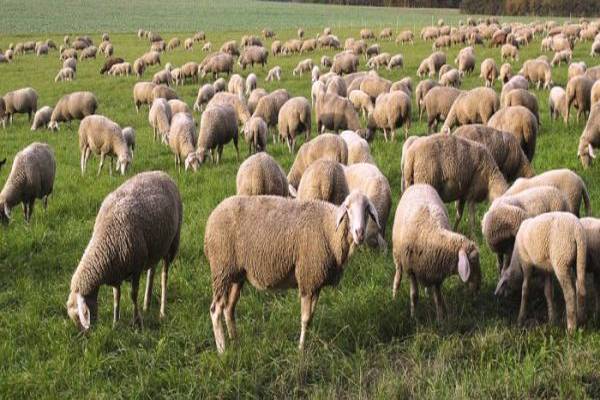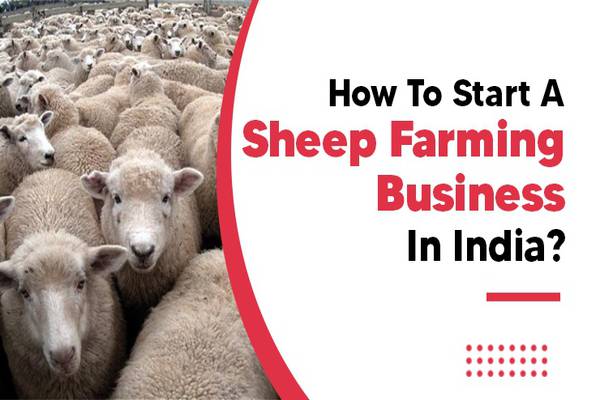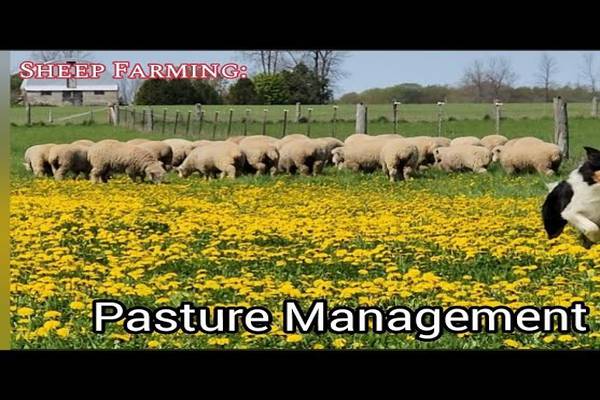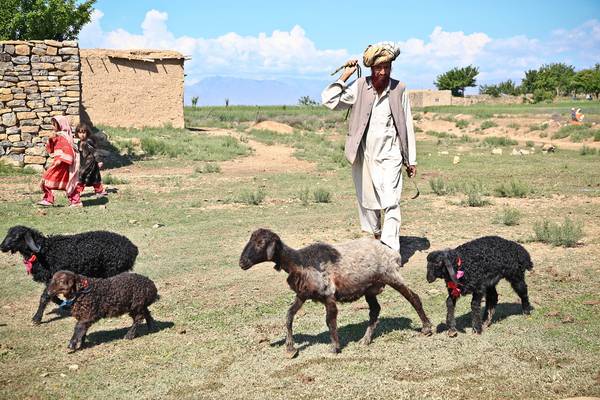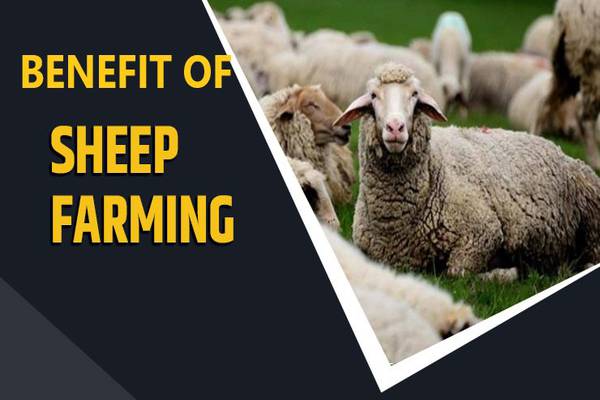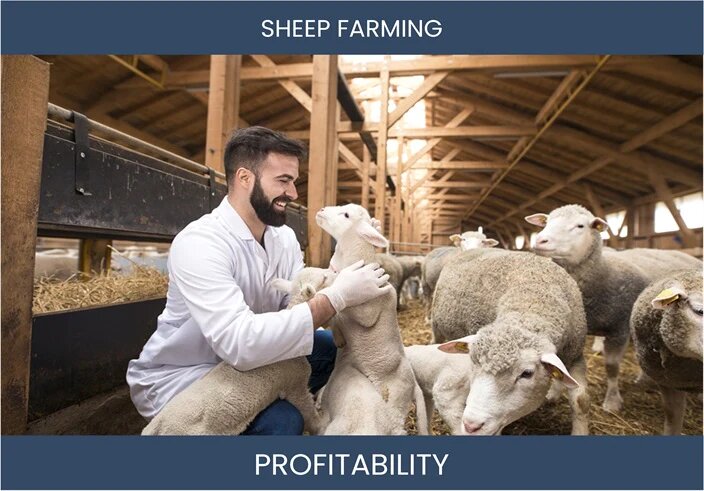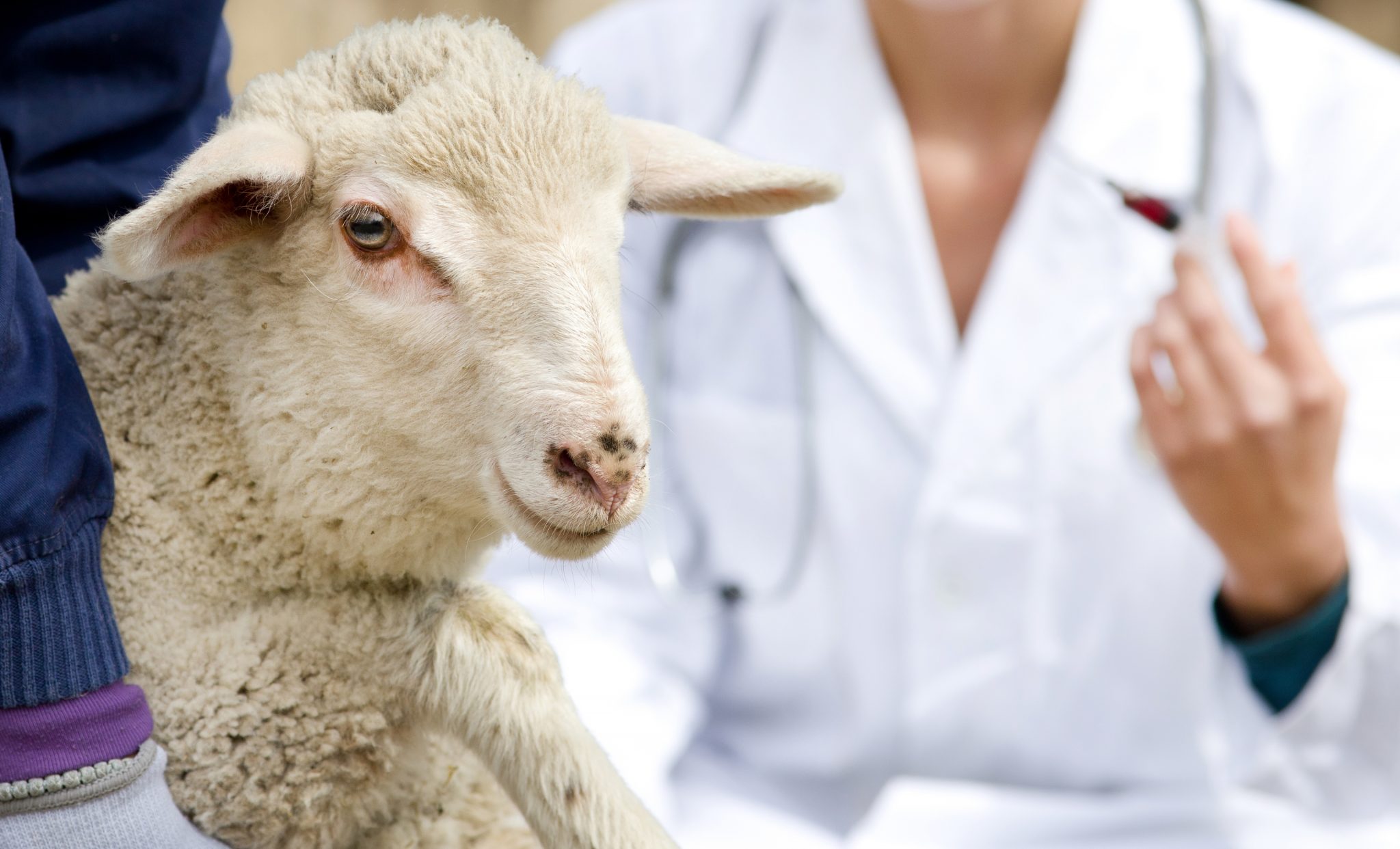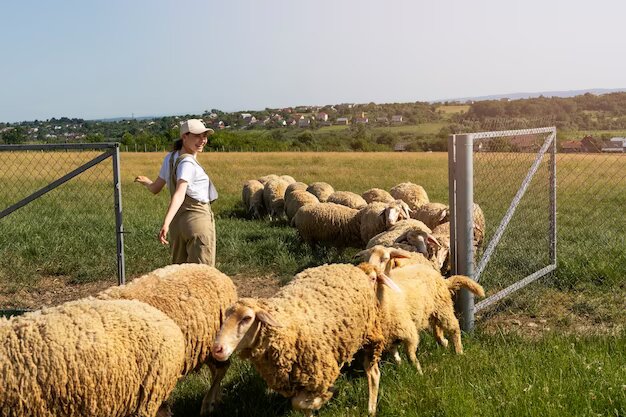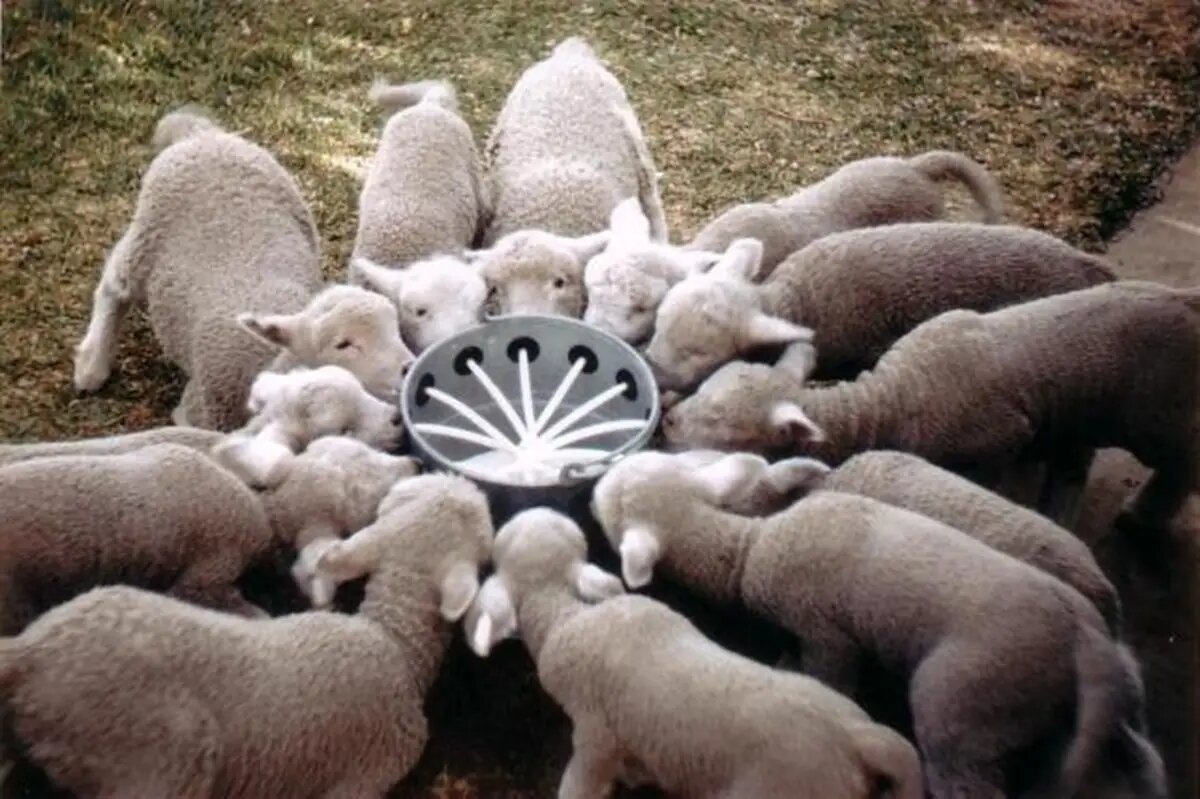The Complete Guide To Sheep Farming
Drafted by: vijaychourey26@gmail.com
Sheep farming has been an integral part of agriculture for centuries, providing us with wool, meat, and other valuable resources. Whether you're an aspiring farmer or looking to expand your existing farm, understanding the ins and outs of sheep farming is essential for a successful venture. In this comprehensive guide, we'll cover everything you need to know about sheep farming, from getting started to managing your flock effectively. Sheep farming, also known as sheep husbandry, involves the rearing of sheep for various purposes, including wool, meat, and even dairy. It's a practice that has been an integral part of agriculture for centuries. The bond between humans and sheep goes beyond economic benefits; sheep also provide wool, lanolin, and even companionship.
Getting Started With Sheep Farming
Choosing the Right Sheep Breed
Choosing the right breed is crucial to the success of your sheep farming venture. Factors such as climate, purpose (wool, meat, or milk), and available resources should influence your decision. Some popular breeds include Merino, Dorset, Suffolk, and Hampshire.
Setting Up the Infrastructure
Prepare suitable housing and fencing to protect your sheep from predators and adverse weather conditions. Adequate shelter promotes lambing success and overall sheep well-being.
Creating the Ideal Shelter
A well-designed shelter is essential for protecting your sheep from harsh weather conditions and predators. The shelter should provide adequate ventilation, proper drainage, and enough space for each animal.
Procuring Quality Feed and Nutrition
Sheep require a balanced diet to thrive. Provide access to fresh water and a nutritious diet that may include grass, hay, grains, and mineral supplements. Sheep have unique nutritional needs that must be met for optimal growth and production. Their diet should include a balance of forage, grains, and supplements. Pasture rotation can help prevent overgrazing and maintain soil health.
Health and Veterinary Care
Regular health checkups and vaccinations are essential to prevent and manage diseases. Establish a relationship with a veterinarian knowledgeable about sheep health.
Best Practices For Sheep Farming
Pasture Management
Rotate pastures to prevent overgrazing and promote balanced nutrient intake. Healthy pastures contribute to sheep health and productivity.
Breeding Strategies
Choose a breeding strategy based on your goals. Consider factors like breeding for meat, wool, or both, and implement a controlled breeding schedule. Understanding the breeding cycle of sheep is crucial for successful reproduction. Monitoring ewes during pregnancy helps ensure a smooth lambing process. In cases where assistance is needed during lambing, having the necessary knowledge and tools on hand is essential to ensure the safety of both the ewe and the lamb.
Lambing and Care of Newborns
Lambing requires careful attention. Create a comfortable and clean lambing area, and be prepared to assist with birthing if needed. Provide proper care to newborn lambs to ensure their survival.
Shearing and Wool Management
Shearing is crucial for wool production and sheep comfort. Properly manage wool, and explore marketing options for this valuable product.
Sustainable And Organic Sheep Farming
Benefits of Sustainable Practices
Adopting sustainable methods benefits the environment and your bottom line. Practices like rotational grazing and integrated pest management enhance farm resilience.
Organic Certification and Market Premiums
Consider organic certification for premium market access. Organic sheep farming aligns with consumer demand for ethically produced products.
Advantages Of Sheep Farming
Low Initial Investment: Compared to other livestock, the startup costs for sheep farming are relatively low, making it accessible for newcomers.
Diverse Revenue Streams: Sheep offer multiple products such as meat, wool, milk, and even sheepskins, allowing farmers to diversify income sources.
Sustainable Land Management: Sheep play a role in maintaining pastures by grazing efficiently, promoting healthy vegetation growth.
Natural Fertilization: Sheep droppings act as organic fertilizers, enhancing soil fertility and reducing the need for chemical inputs.
Community Connection: Sheep farming fosters a sense of community, with local markets and festivals celebrating wool, meat, and related products.
Economic Viability And Profitability
Wool Production and Marketing
Wool can be a profitable venture. Consider value-added products like yarn and textiles, and explore local and online markets for wool sales.
Meat Production and Market Demand
Lamb meat is sought after for its flavor and tenderness. Understand market demand and consumer preferences to tailor your production accordingly.
Diversification Opportunities
Aside from meat and wool, explore opportunities for dairy products, sheepskins, and agritourism experiences to enhance profitability.
Challenges And How To Overcome Them
Predator Management
Predators can threaten your flock. Implement protective measures like guardian animals, secure fencing, and vigilant monitoring.
Disease Prevention
Sheep are susceptible to various diseases. Follow vaccination schedules, maintain cleanliness, and isolate sick animals to prevent disease spread.
Market Fluctuations
Market prices can be unpredictable. Sheep Farming as a Lifestyle versify your products and marketing strategies to cushion against market fluctuations.
Sheep Farming As A Lifestyle
Connecting with Nature
Sheep farming offers a unique connection to nature. Enjoy the tranquility of rural life and develop a deep appreciation for the land and its cycles.
Educational and Recreational Opportunities
Sheep farms can serve as educational platforms for schools and visitors. Engage in agrotourism activities to share your farming journey with others.
Future Trends In Sheep Farming
The sheep farming industry is evolving. Trends such as organic and ethically raised products, as well as advancements in breeding techniques, will shape the future of sheep farming. Staying informed about these trends can give your farm a competitive edge.
